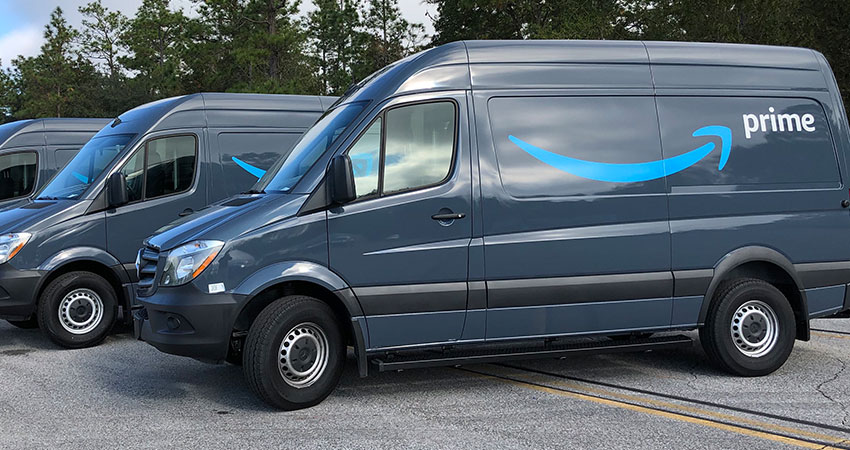First it was AI-equipped onboard cameras watching Amazon contract drivers along their routes. Now CNBC is reporting an app called Mentor monitors driver performance, which can interpret legitimate activities as risky ones, resulting in lower scores and sometimes termination.
The company has reportedly been using Mentor for years but the practice has just come to light. Amazon says it is a driver safety tool that generates a daily safety score, but drivers said it was invasive and at times leads to unfair disciplinary action.
“Safety is Amazon’s top priority,” Amazon spokesperson Deborah Bass told CNBC. “Whether it’s state-of-the art telemetrics and advanced safety technology in last-mile vans, driver-safety training programs, or continuous improvements within our mapping and routing technology, we have invested tens of millions of dollars in safety mechanisms across our network, and regularly communicate safety best practices to drivers.”
Drivers are required to log into the app at the start of their shift, and it’s often downloaded on their personal device when their Amazon Delivery Service Provider (DSP) contractor doesn’t issue work phones, CNBC reported. And Amazon requires drivers to set the app for continual collection of location data, not just when the app is in use, raising more privacy concerns.
Low Mentor safety scores can adversely impact driver pay, such as getting paid just for hours driven, not a full shift as some DSPs allow if they finish early, or getting days and hours cut. CNBC said it can also impact the overall ranking of a DSP if enough drivers get low safety scores, leading to lost perks like access to coveted routes.
The Mentor-based scoring system also pits drivers against each other, as the display shows how they stack up against the rest of their team, increasing the level of pressure they’re under.
Amazon started testing the AI-equipped surveillance cameras earlier this year. Drivers saw it as a “Big Brother” type privacy intrusion.
Meanwhile, within the four walls, Amazon workers at a fulfillment center in Alabama are voting on whether to allow union representation, which would be a first for the company that has opposed it at every turn.

